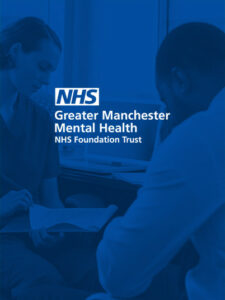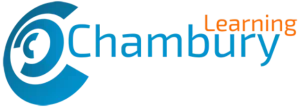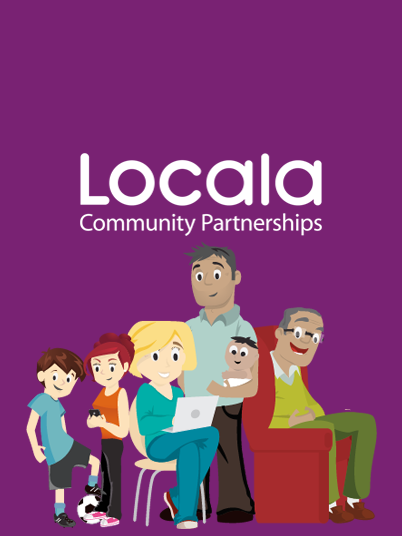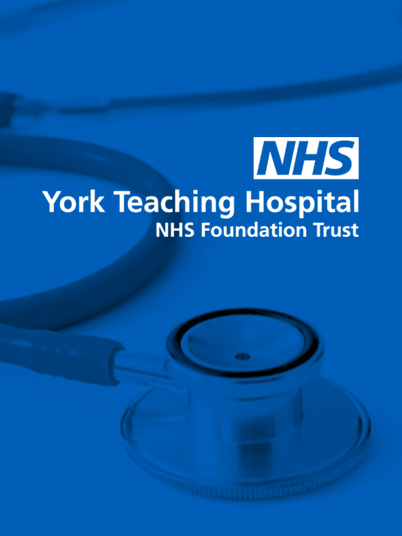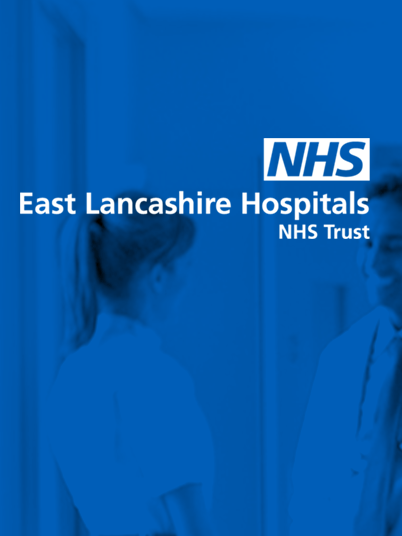Greater Manchester Mental Health NHS Foundation Trust (GMMH) provides inpatient and community-based mental health care for people living in Bolton, the city of Manchester, Salford and Trafford and a wide range of specialist mental health and substance misuse services across Greater Manchester, the North West of England and beyond.
The Trust employs around 5,400 members of staff, who deliver services from more than 143 locations. Over a 12-month period, they see in the region of 53,000 service users.
The Challenge
eLearning for Health [eLfH] provide a wide range of AICC based eLearning packages produced specifically for the NHS and private healthcare organisations that deliver NHS services. However, not all of these packages are specifically aimed at Mental Health Services and it was recognised by Greater Manchester Mental Health NHS Trust’s subject matter experts [SMEs] that some of the content available lacked the essential focus on mental health that the Trust requires.
The Trust’s ongoing partnership with Chambury Learning Solutions for their Totara Learn based LMS opened up the opportunity to develop eLearning Packages using Chambury’s no-cost Adapt offering.
The Solution
Totara Learn is fully responsive and works on any device, meaning that staff can access the learning materials on their computers, but also on their smartphones, tablets and any other device running iOS, Android, Mac and Windows. Adapt is HTML5 and again works on any device. Both these enable the delivery of content to learners that fits with their access preference which is crucial to the rollout of new online learning content and user engagement.
Adapt allows the Trust to design custom content from the ground-up, which is fully compatible with Totara Learn and accessible to all staff via the Trust’s Totara based LMS [Learning Hub]. Authoring the content is rapid and meets local timescales to push new content out to staff in a short space of time.
Totara’s core course building toolkit allows GMMH to wrap local resources around the SCORM module(s) providing embedded video, downloadable resources, and any other eContent that supplements and enhances the learner experience
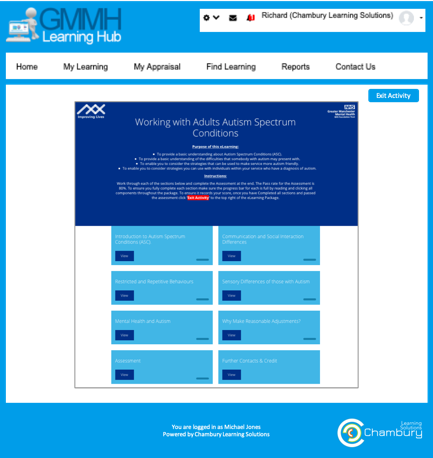
The Learning & Development Team worked closely with various SMEs to understand what the national eLearning packages lack. After demonstrating the capabilities of Totara Learn and the ability to create bespoke content, both directly on the LMS and in combination with the Adapt authoring tool, they were impressed with how versatile the packages can be when combined with local content, the speed to create these, the ease and flexibility of the reporting functions via the LMS and accessibility to end users on any device.
The subject matter experts worked closely with the Learning & Development team providing the content required for the development of the packages to maximise user engagement and interaction. After only a few weeks of development and testing the L&D team successfully started to complete their packages and launched them on their Totara based Learning Hub.
The Results
The compatibility of Totara Learn with Adapt and the eLfH AICC content has enabled staff to access learning materials that is relevant to local policy. Adding to this that the local learning team are now in the position to update and amend on an ad-hoc basis ensuring that the eContent created is always relevant and that up to date legislation is maintained.
Alongside this, Totara Learn’s powerful reporting suite allows comprehensive reporting and analysis in subject areas that were previously unavailable with reporting available at site, division, manager and individual levels.
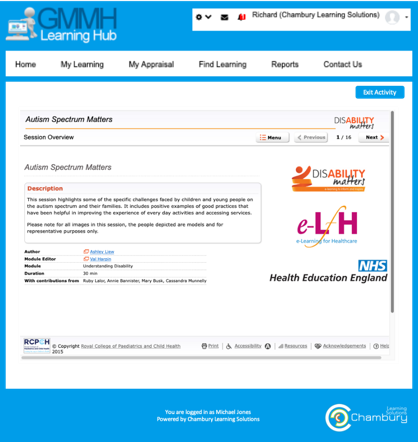
Also, through the use of the centralised Chambury Adapt portal, the Trust are now able to develop and create Totara compatible GMMH branded eLearning packages and share these with other Chambury customers [and vice-versa] creating a network of users that can share, collaborate and manage content based on the local need.
“This has been a win-win for us in lots of respects. To be able to provide learning interventions that develop knowledge and skills for staff that is directly relevant to our service user group provides the ultimate outcome of improving the care service users receive. The fact that through the development of more bespoke e-learning packages we can reduce the amount of time that front line staff spend away from service users is an added bonus. I am also really pleased with how we have been able to enhance the service that the Learning & Development Team provide through increasing the skills of team members to support subject matter experts with new and modern ways of delivering training.”


